Optimal Seasons for Foundation Repairs
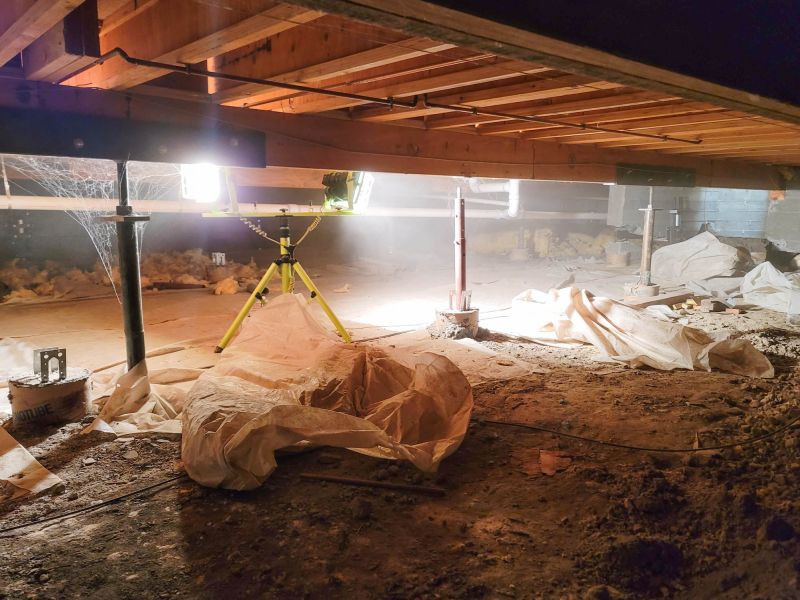
Ways to make Foundation Repairs work in tight or awkward layouts.
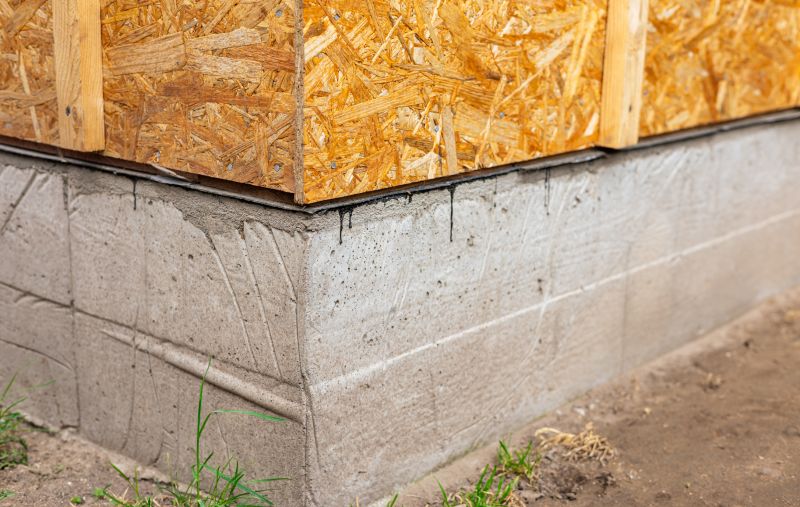
Popular materials for Foundation Repairs and why they hold up over time.
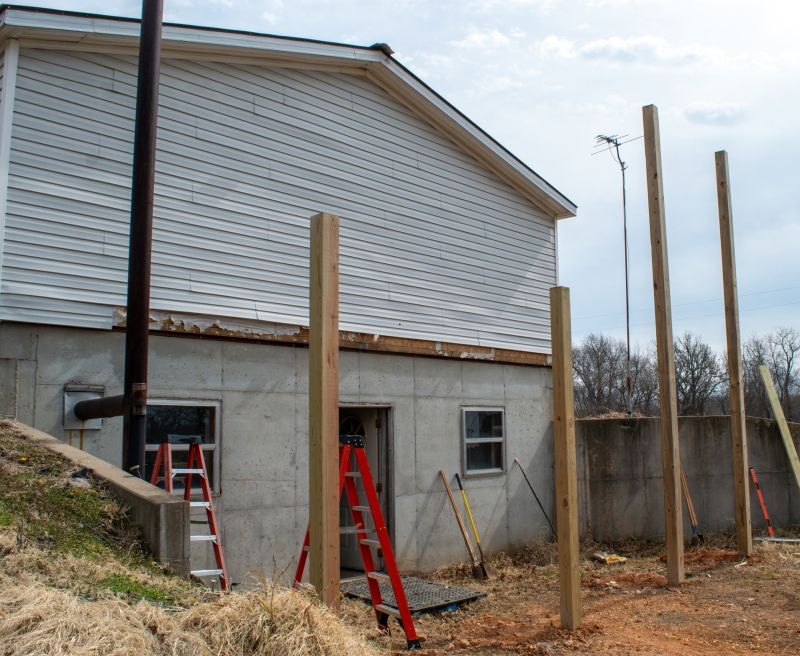
Simple add-ons that improve Foundation Repairs without blowing the budget.
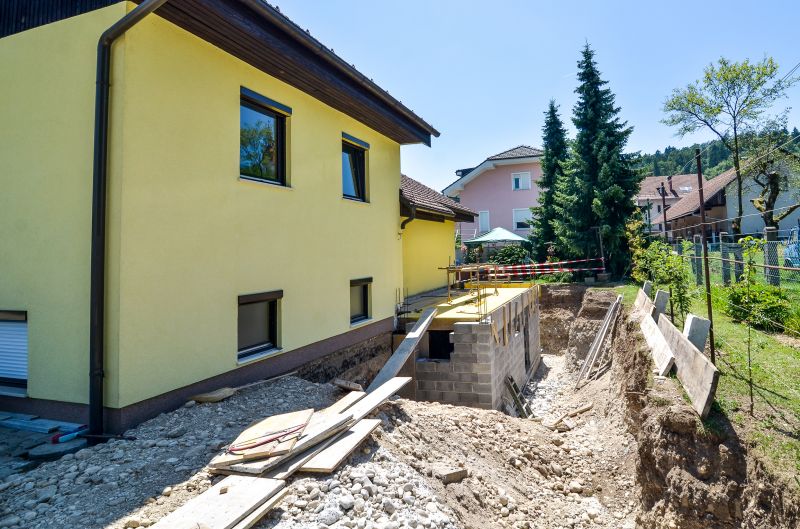
High-end options that actually feel worth it for Foundation Repairs.
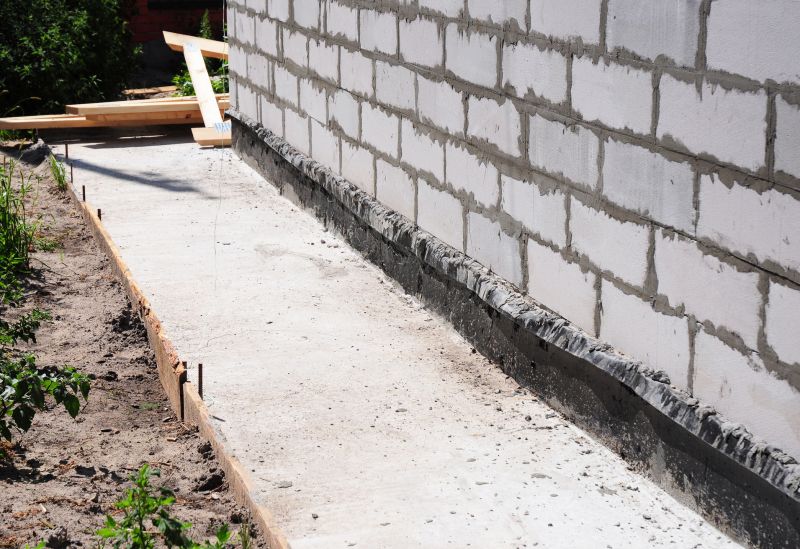
Finishes and colors that play nicely with Foundation Repairs.
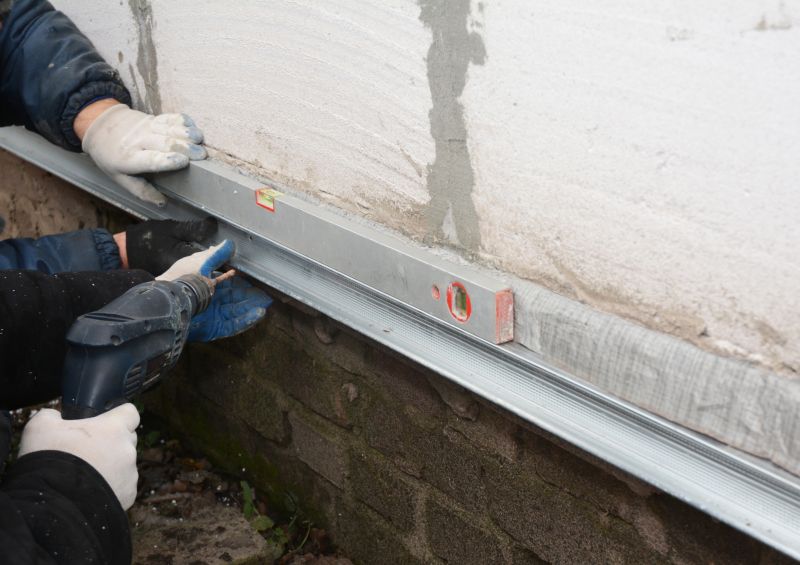
Little measurements that prevent headaches on Foundation Repairs day.
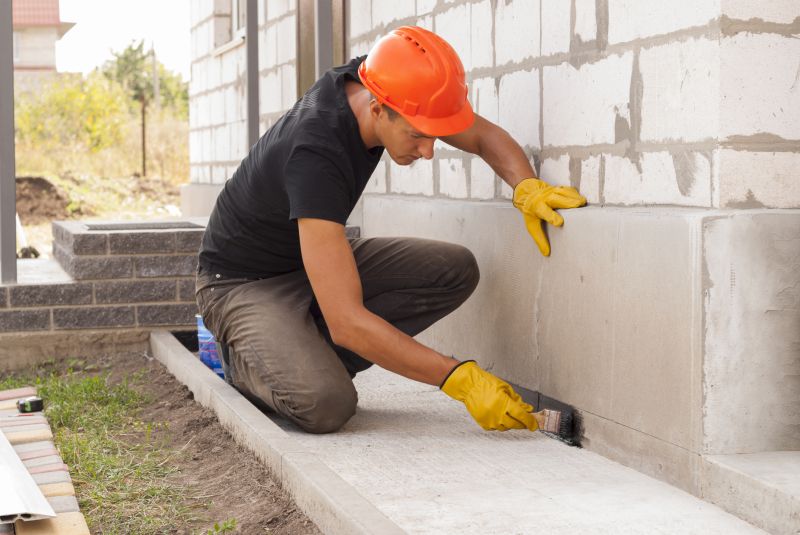
A 60-second routine that keeps Foundation Repairs looking new.
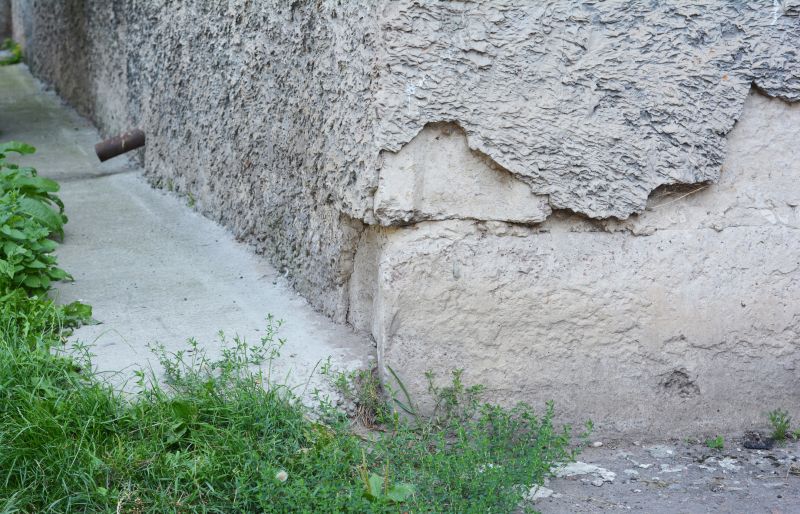
A frequent mistake in Foundation Repairs and how to dodge it.
Foundation repairs are most effective when performed during specific times of the year, depending on weather conditions and soil stability. Typically, spring and fall offer optimal conditions due to moderate temperatures and less extreme weather, which help ensure proper curing and settling. Summer repairs can be challenging in high heat and humidity, potentially affecting materials and curing times. Winter is generally avoided because freezing temperatures can hinder repair processes and cause further soil movement.
Soil expands in wet conditions and contracts when dry, impacting foundation stability. Repairs during stable soil conditions are more durable.
Extreme weather, such as heavy rain or freezing temperatures, can delay or complicate foundation repair projects.
Proper curing of concrete and other materials requires moderate temperatures and low humidity, making spring and fall ideal.
Off-peak seasons often allow for better scheduling and more availability of repair professionals.
Foundation repairs involve stabilizing and restoring the structural integrity of a building’s foundation. Common issues include settling, cracking, and shifting caused by soil movement, moisture changes, or poor construction. Addressing these problems promptly can prevent further damage and costly repairs. Repair methods vary from underpinning and piering to crack injection and soil stabilization, each suited to specific conditions and severity of damage.
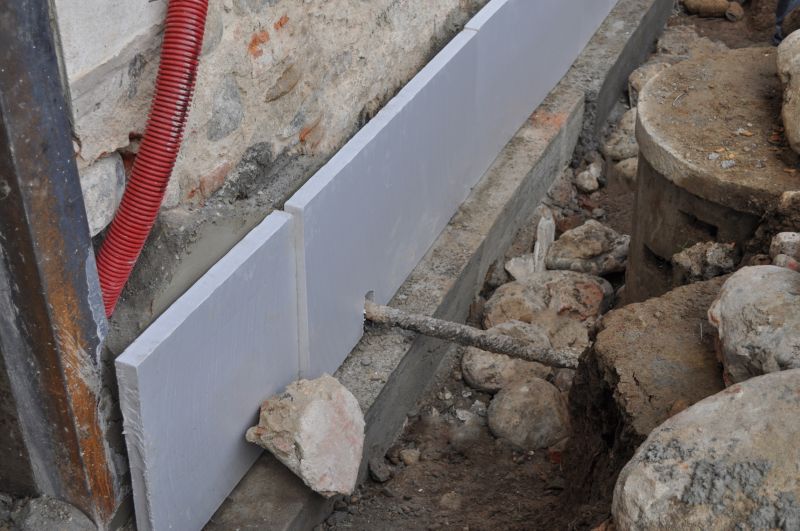
Various methods are used to stabilize foundations, including piering, underpinning, and wall reinforcement.
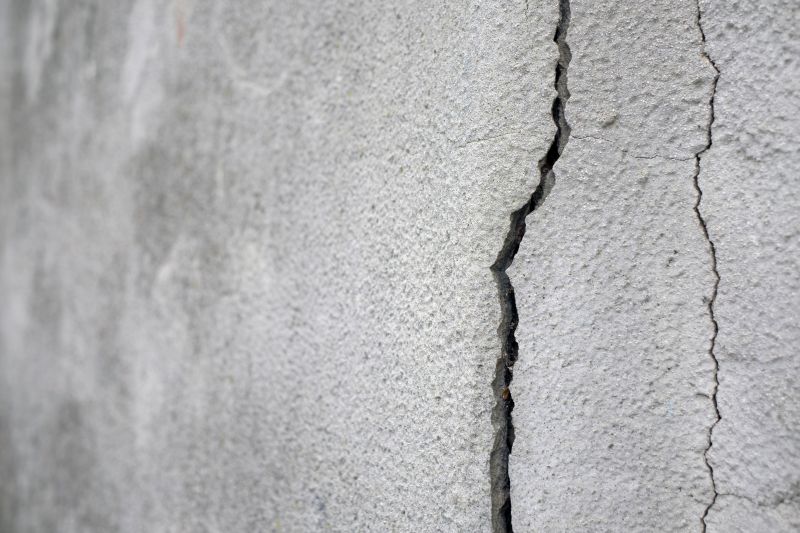
Cracks in walls, uneven floors, and sticking doors are common indicators that foundation repairs may be needed.
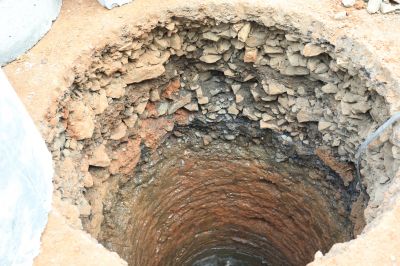
Managing soil moisture levels can help prevent future foundation movement and damage.
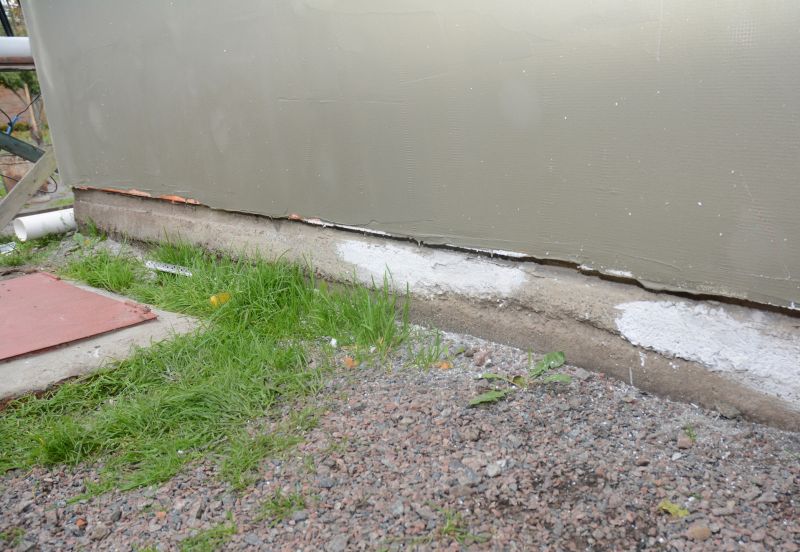
Regular inspections can identify early signs of foundation issues, allowing for timely repairs.
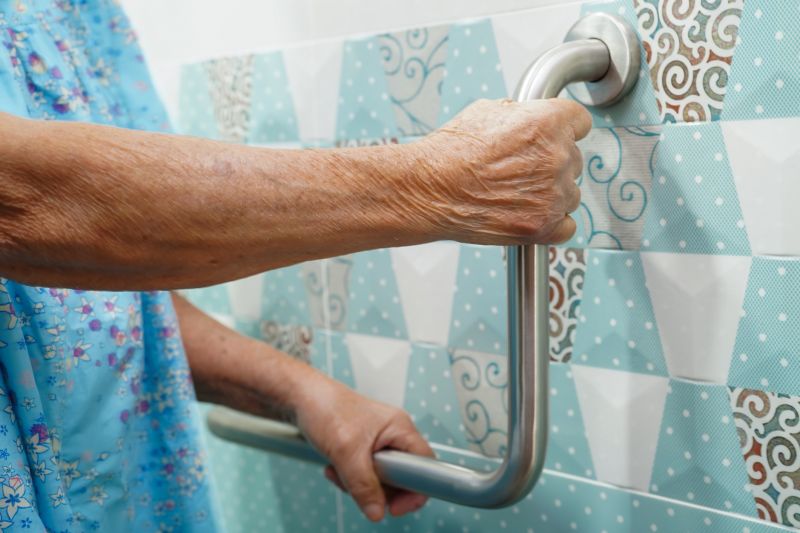
Small tweaks to make Foundation Repairs safer and easier to use.
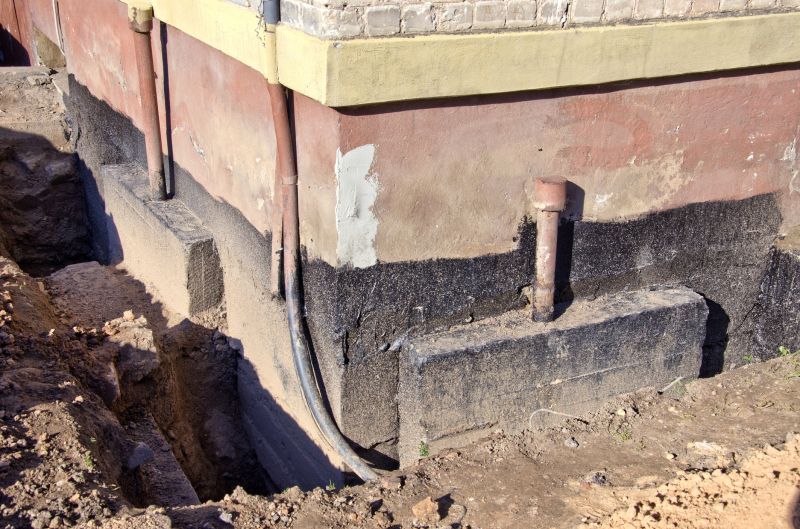
Lower-waste or water-saving choices for Foundation Repairs.
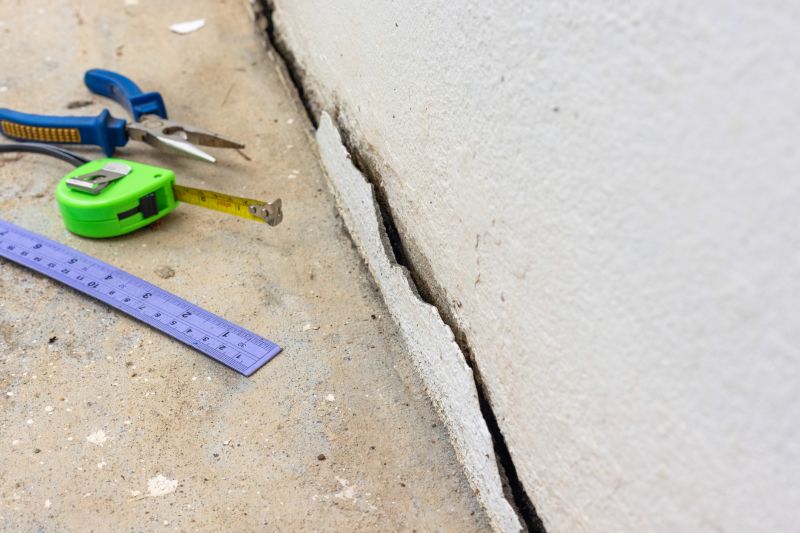
The short, realistic tool list for quality Foundation Repairs.
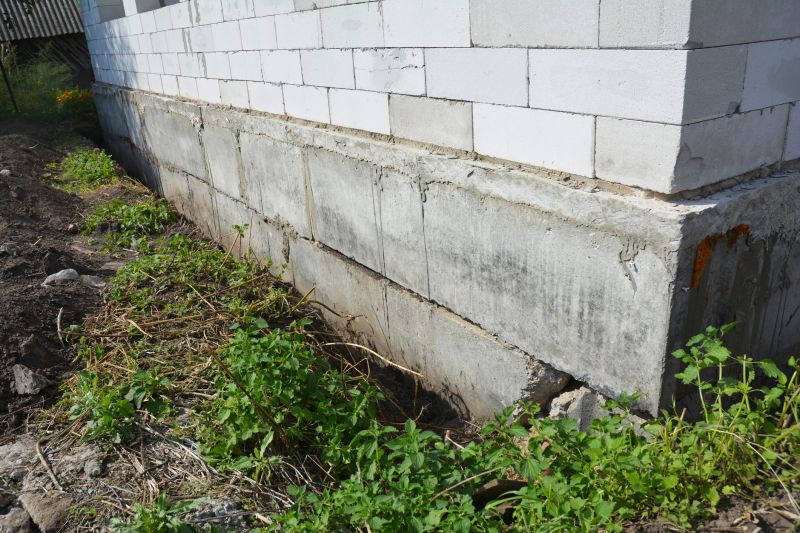
Rough timing from prep to clean-up for Foundation Repairs.
| Season | Ideal for Foundation Repairs |
|---|---|
| Spring | Yes |
| Summer | Less ideal due to heat and humidity |
| Fall | Yes |
| Winter | No, due to freezing temperatures |
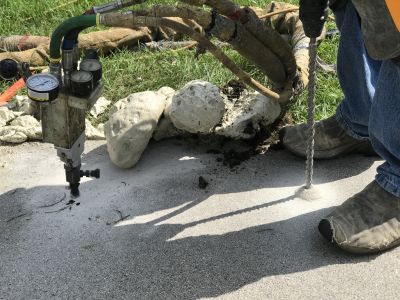
Modern tools and techniques enhance the efficiency and effectiveness of repairs.
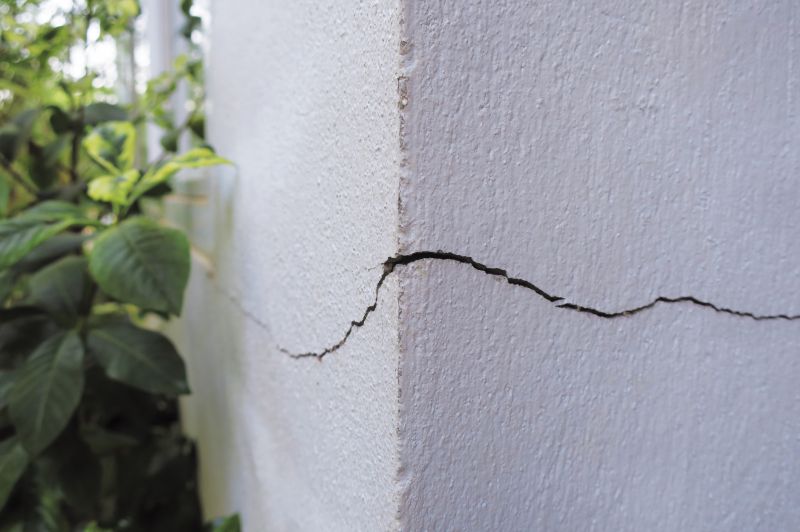
Injection and sealing methods restore stability and prevent water intrusion.
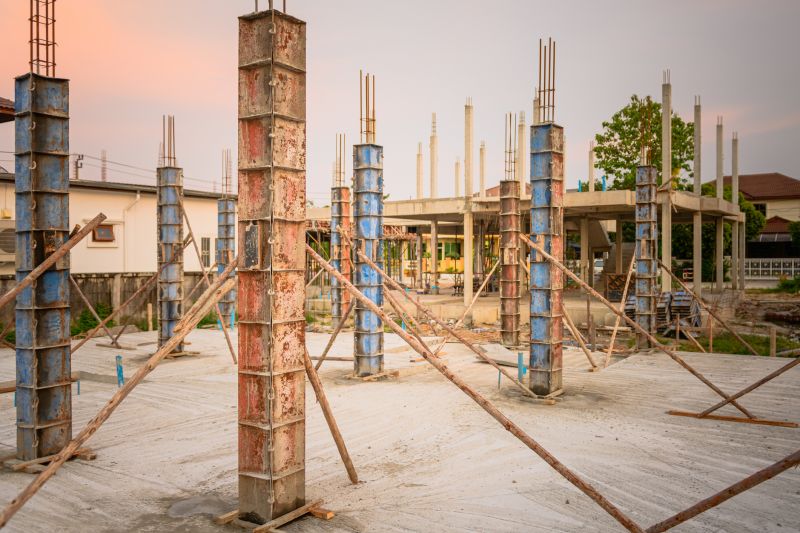
Deep foundation supports that lift and stabilize settling structures.
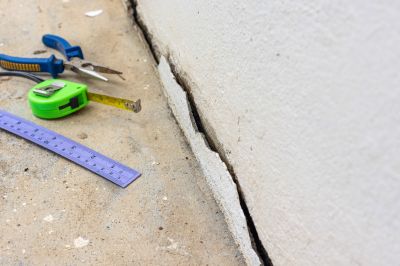
Assessing soil conditions helps determine the best repair approach.
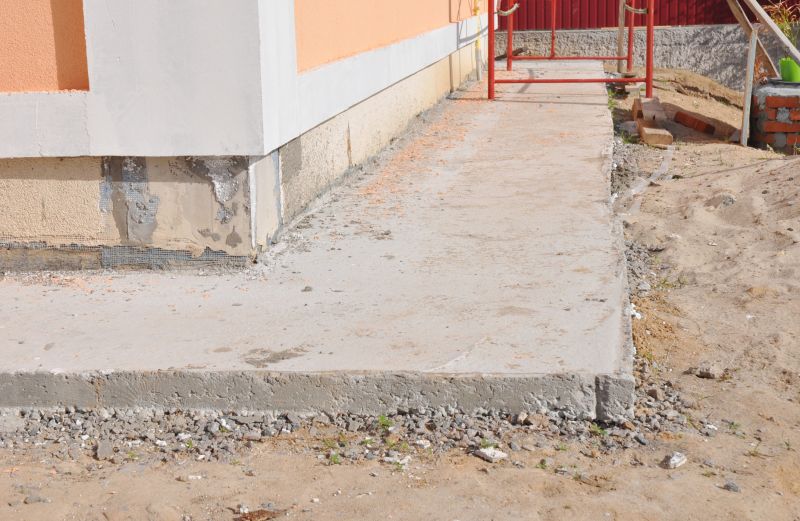
Quick checks and paperwork to keep after Foundation Repairs.
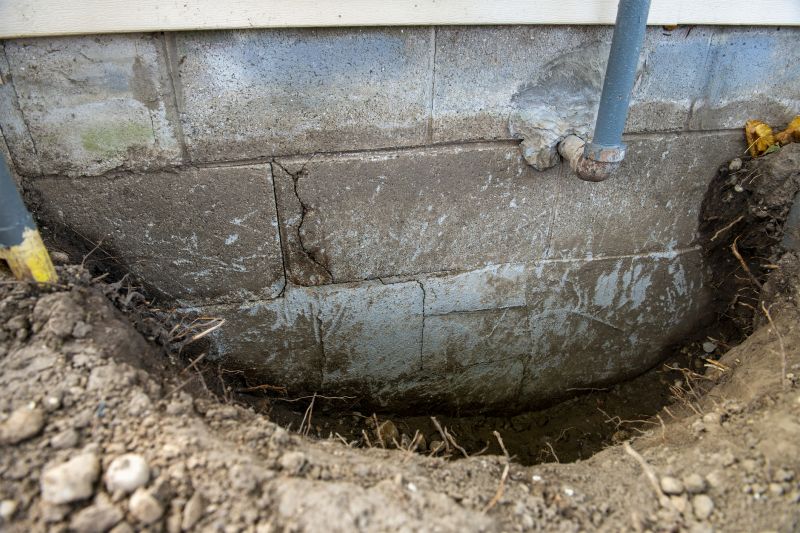
Examples that show the impact a good Foundation Repairs can make.
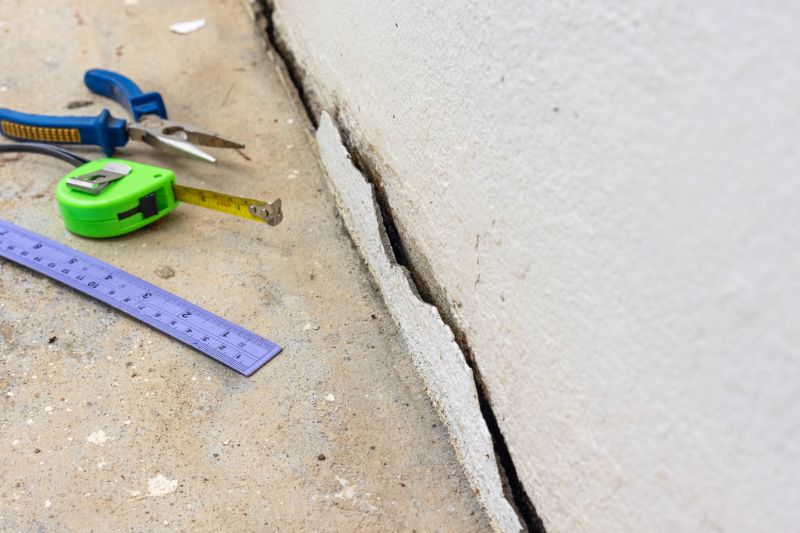
Ways to make Foundation Repairs work in tight or awkward layouts.
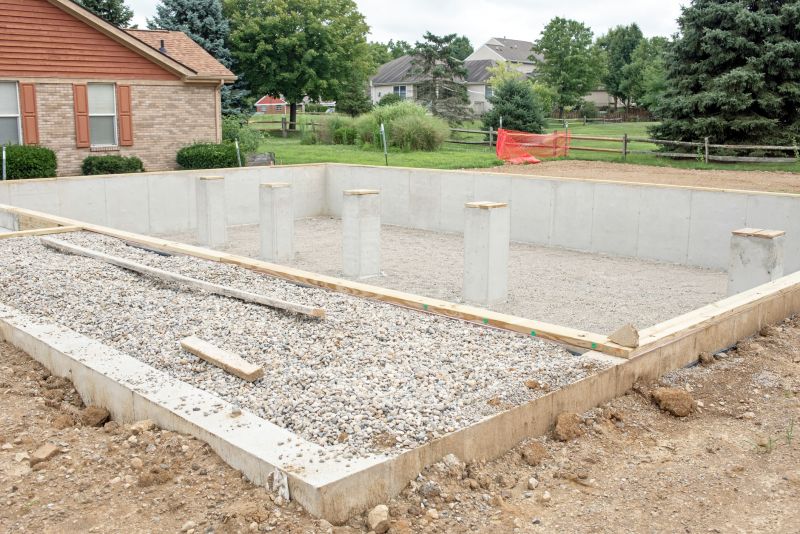
Ways to make Foundation Repairs work in tight or awkward layouts.
Timely foundation repairs depend on understanding seasonal influences and soil conditions. Proper planning and execution during optimal times can lead to longer-lasting results and minimize disruption. Regular monitoring and inspections are essential for maintaining foundation integrity over time.
Interested in foundation repairs? Fill out the contact form to get started.


